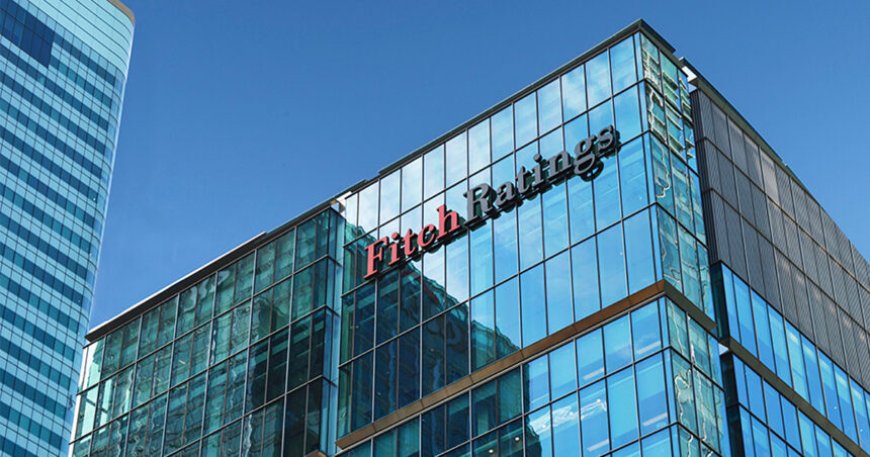Fitch Solutions Warns of Economic Slowdown in Ghana Post-2024 Election

Fitch Solutions is warning that Ghana’s economic growth could face a significant slowdown in 2025, primarily due to anticipated post-election austerity measures. This caution comes despite strong projections for 2024, fueled by a robust performance in the second quarter.
In its latest Sub-Saharan Africa Update, the UK-based research firm highlighted that while private consumption will continue to be a key driver of growth into next year, its pace is expected to moderate. Fitch forecasts private consumption growth to decelerate from 8.5% in 2024 to 5.5% in 2025, contributing 4.8 percentage points to Ghana’s overall real GDP growth.
The report suggests that as the impact of private consumption wanes, fixed investment is likely to play a more substantial role in driving economic growth in 2025. This shift indicates potential changes in the business landscape and investment opportunities, particularly in sectors poised to benefit from capital inflows.
Fitch projects that Ghana's GDP will expand by 4.4% in 2025, a decline from the expected 5.5% growth in 2024. Although this marks a slowdown, the growth rate would still surpass the projected 3.6% average for Sub-Saharan Africa, positioning Ghana as a regional outperformer despite the economic challenges ahead.
The anticipated economic deceleration is attributed to potential fiscal adjustments following the election period, as the government might implement austerity measures to address budgetary constraints and stabilize the economy. This could dampen the momentum of private consumption and affect overall growth dynamics in the near term.
Despite these challenges, Fitch remains cautiously optimistic about Ghana's longer-term economic prospects. The focus on fixed investments may open up new opportunities, supporting sectors like infrastructure, manufacturing, and services, which could contribute to a more balanced and sustainable growth trajectory.
As Ghana navigates the post-election economic landscape, businesses and investors will be closely monitoring policy shifts and fiscal measures that could impact consumer spending, investment flows, and overall economic performance.





